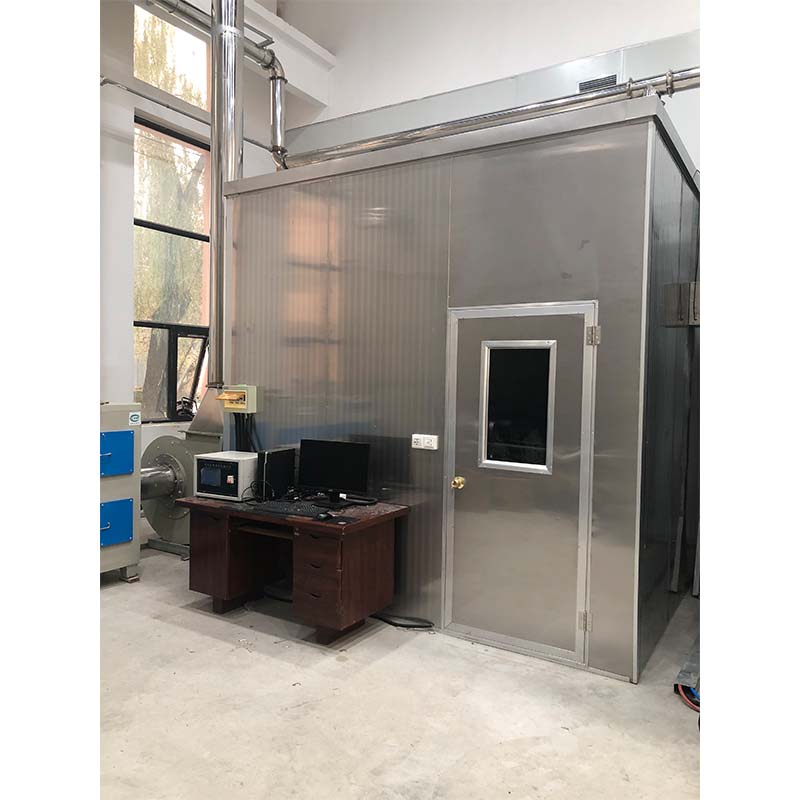Supplier of Instruments for Testing Conductor Resistance in Electrical Systems
Understanding Conductor Resistance Test Instruments A Supplier's Perspective
In the realm of electrical engineering, ensuring the reliability and safety of electrical systems is paramount. One key aspect that engineers must consider is the resistance of conductors. This prompts the need for specialized equipment known as conductor resistance test instruments. In this article, we will delve into the significance of these instruments and explore factors that influence choice in suppliers.
What is Conductor Resistance Testing?
Conductor resistance testing is a method used to assess the electrical resistance of conductors in electrical systems. It is critical for various applications, including the installation of cables, transformers, and motor windings. High conductor resistance can lead to inefficiencies, overheating, and ultimately, system failure. Therefore, measuring this resistance is essential to maintain optimal performance and safety standards.
These tests are conducted using a specialized instrument that applies a known current through the conductor and measures the resulting voltage drop across it. The resistance can then be calculated using Ohm’s Law (R = V/I). A conductor resistance test instrument provides accurate measurements that help ensure the system is operating within acceptable parameters.
Characteristics of Conductor Resistance Test Instruments
1. Accuracy The performance of a conductor resistance test instrument heavily relies on its accuracy. High-quality instruments offer the ability to measure resistance with minimal error, which is crucial for both regulatory compliance and safety.
2. Range of Measurement Different applications necessitate different measurement ranges. A versatile test instrument should accommodate a broad range of current capacities and resistances to suit various types of conductors, from small wiring to large transmission lines.
3. User Interface The interface of the instrument should be user-friendly, allowing technicians and engineers to operate it effectively without extensive training. Features like digital displays and intuitive controls enhance usability.
4. Portability Depending on the application, the size and weight of the instrument can be significant. Portable instruments allow for on-site testing, which can save time and resources in project completion.
conductor resistance test instrument supplier

5. Data Recording and Analysis Modern instruments often come equipped with data logging capabilities, enabling the collection and storage of test results for further analysis or reporting. This feature is particularly useful for compliance with industry standards.
Selecting a Reliable Supplier
When considering a supplier for conductor resistance test instruments, several factors come into play
1. Reputation A supplier's reputation is often a reflection of the quality of their products. Researching customer reviews and testimonials can provide insights into the reliability of their instruments.
2. Technical Support Adequate technical support is crucial when dealing with sophisticated testing equipment. Suppliers should offer ongoing support for calibration, maintenance, and troubleshooting.
3. Warranty and Service A good warranty can protect your investment in the case of equipment failure. Additionally, check if the supplier provides repair services or replacement parts.
4. Pricing While cost is an important factor, opting for the cheapest option may not always be the wisest choice. It is essential to balance cost with quality and functionality to get the best value.
5. Innovative Technology The field of electrical testing is continually evolving as technology advances. Suppliers that incorporate the latest technology into their instruments can offer enhanced features and improved performance.
Conclusion
In conclusion, conductor resistance test instruments play a critical role in ensuring the safety and efficiency of electrical systems. Selecting the right instrument and supplier is essential for maintaining optimal operational standards. By focusing on accuracy, usability, and reliable support, engineers and technicians can ensure they have the right tools to perform essential testing and maintain system integrity. As the industry continues to grow and progress, staying informed about technological advancements and supplier offerings will empower professionals to make the best choices for their testing needs.
-
advancing-precision-with-profile-projector-technology
NewsAug.23,2025
-
uv-led-ultraviolet-crosslinking-technology-innovation-and-prospects
NewsAug.23,2025
-
ensuring-safety-and-compliance
NewsAug.23,2025
-
electrical-properties-testing-in-modern-applications
NewsAug.23,2025
-
universal-tensile-testing-machine-applications-in-modern-electrical-and-material-testing
NewsAug.23,2025
-
The Role of Tensile Force Testers in Quality Control and Material Science
NewsAug.01,2025
 Copyright © 2025 Hebei Fangyuan Instrument & Equipment Co.,Ltd. All Rights Reserved. Sitemap | Privacy Policy
Copyright © 2025 Hebei Fangyuan Instrument & Equipment Co.,Ltd. All Rights Reserved. Sitemap | Privacy Policy

